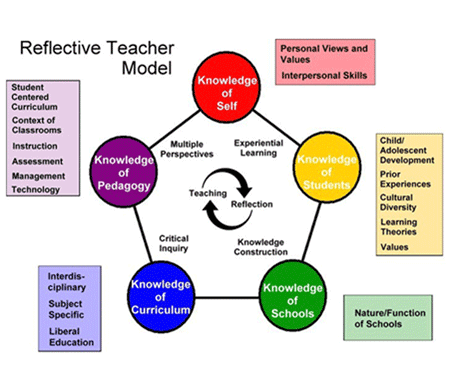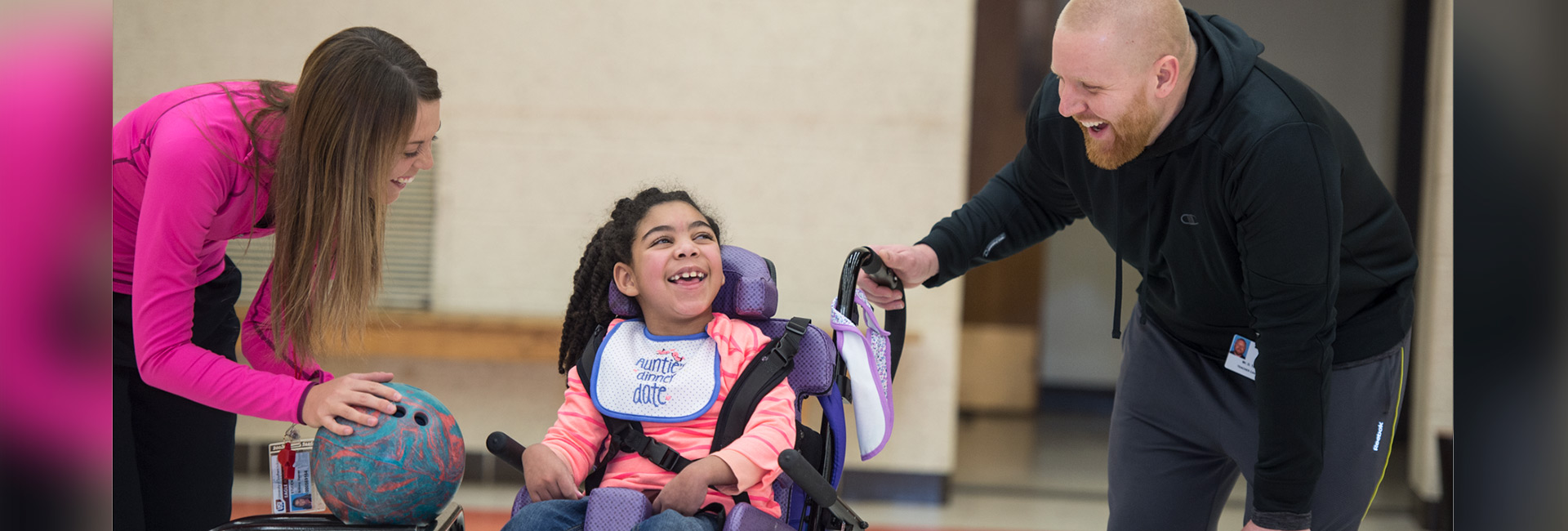Advising Information
Students are advised throughout their tenure at the University by full-time teacher education faculty who are available during the academic year to discuss goals, career alternatives, and progress. Close collaboration between the student and the advisor contributes markedly to success.
If you are a first-year student, transfer student preparing to be admitted to your major, or a Pott College student seeking academic and career advising, our Student Advising and Resource Center is available to help.
Secondary Education students should contact Mrs. Michelle Herrmann in Teacher Education to be assigned a secondary education advisor.
Student Resources
Double Major Academic Plans
Elementary Education / Special Education
Clinical Practice
Clinical Internship Information & Handbook
Clinical Internship is the final semester of all teaching degree programs at the University of Southern Indiana. During this semester, teacher candidates are fully immersed in the daily work of teaching.
USI has Clinical Education Agreements with school corporations in Indiana and southern Illinois located within a 60-mile radius of Evansville. Clinical interns will be placed with a cooperating teacher in the partner school for a full-time, 16-week experience. The teacher candidate will complete the internship in their major area of study.
Teacher candidates are required to submit the clinical internship application in January of the year preceding the academic year in which they plan to be a clinical intern. Teacher candidates will receive email communications concerning the process and schedule for submitting the application.
The following requirements must be met to submit the clinical internship application and to begin the clinical internship. The teacher candidate must:
- Be admitted to Teacher Education
- Earn and maintain a USI GPA of 2.75 overall and in all majors and minors
- Earn a grade of C or higher in all courses in the candidate’s degree program
- Acquire the advisor’s signature on the application, verifying that all requirements are met
Note - In addition to the above requirements, World Languages and Cultures majors must:
- Earn an A in FREN/GERM/SPAN 307
- Earn a score of "advanced low" or better on the official Oral Proficiency Interview
Teacher candidates will find more details about the clinical internship in the Clinical Internship Handbook.
Specific questions may be sent to - Mrs. Joyce Rietman, Director of Clinical Internships, jrietman@usi.edu Mrs. Erin Hollinger, Director of Educator Services, erin.hollinger@usi.edu
Additional Information
Clinical Internship Application Checklist
Clinical Internship Application
Teach Now-Transform Tomorrow Clinical Internship Program
Request to attend Professional Development during the Clinical Internship Semester
The Co-Teaching Model is used by USI clinical interns and cooperating teachers during the clinical internship semester. Co-Teaching is defined as two teachers sharing the planning, organization, delivery, and assessment of instruction, as well as the physical space in the classroom. Cooperating teachers who host a USI clinical intern are expected to be knowledgeable of and use the Co-Teaching Model. USI will provide cooperating teachers with a Co-Teaching Training video. All clinical interns and university supervisors receive Co-Teaching Training prior to the beginning of the clinical internship semester. For more information, contact Mrs. Joyce Rietman, Director of Clinical Internships, jrietman@usi.edu
Becoming a Licensed Practitioner is the end goal of your time in Teacher Education. Wrapping up at the end of your undergraduate experience can be hectic, with a lot of different things to complete in order to transition from being a student to having students of your own. Following are the final steps in the process. Please review each one, and take advantage of the printable check sheet to help you ensure you are moving in the right direction. Feel free at any time to contact us in the Teacher Education department, should you need assistance.
LVIS Login Praxis Exams IDOE: Educator Licensing
Checklist
- Complete your degree
- Ensure you are on your way to completing (or completed) all required coursework, and you've submitted your graduation application. See your advisor if you are unsure you are on the path to graduation.
- Set up your profile in LVIS (Licensing Verification and Information System)
- Go to the LVIS portal and create your profile
- This account is used to apply for licensing
- Creating an account early allows required test scores to be visible on application
- Pass required pedagogy and content area exams
- Required pedagogy and content area exams will VARY based on your major or minor
- Contact or see Erin Hollinger, Licensing Advisor, to ensure you know which tests you will need
- When ready, register for your exam(s).
- PRACTICE! Praxis offers a FREE PRACTICE EXAM with every test you register for, as well as other prep materials
- Complete CPR/AED/Heimlich certification
- Can be a hybrid in person/online course, but there must be an in person component with the practice dummies
- Certificate must be unexpired at the time of license application
- The Indiana Department of Education (IDOE) provides a list of approved providers
- Complete Suicide Prevention training
- Training sessions must total a minimum of 1 (one) hour
- The IDOE provides a list of recommended providers
- Apply for your license in LVIS
- Initial Practitioner licenses are valid for 2 (two) years. The "clock" starts when you apply and pay online. Try to time it so you aren't wasting a lot of time on your license, but do plan accordingly as some school districts require the license in hand to hire a new teacher.
- Log in to your LVIS account when ready and start your application
- Be sure you've passed your required exams, and have your CPR/AED and Suicide Prevention certificates ready to upload into the application
- You will be contacted by your Licensing Advisor if there are issues. Once everything is verified, they will put forth a recommendation to the IDOE for licensure.
USI Licensing Advisor
For additional information or questions about teacher licensing in Indiana, contact:
Ms. Erin Hollinger
Coordinator, Educator Services
Contact: 812-464-1812
Education Center 3124
To set up an appointment to discuss testing or licensure, select an option below:
Pott College uses Tk20 CampusTools™ as a comprehensive online data management system for all student activities in programs leading to certification for teachers or other school personnel. The system enables students to participate and manage their academic activities throughout their college experience.
 The Reflective Teacher Model is an undergraduate teacher education program based upon a philosophy of active and experiential learning and critical inquiry into underlying issues in education and society from multiple perspectives.
The Reflective Teacher Model is an undergraduate teacher education program based upon a philosophy of active and experiential learning and critical inquiry into underlying issues in education and society from multiple perspectives.
This philosophy emphasizes the development of the preservice teacher as a reflective practitioner who exhibits the following characteristics:
Reflective teachers are purposeful and active
Reflective teachers initiate instruction cognizant of the needs of the students as expressed through their experience. Reflective teachers aim instruction toward actions or convictions that resolve the questions, tensions, and perplexities that initiated the student's process of inquiry.
Reflective teachers are open to the individuality of students
Reflective teachers recognize that the social process of education is also personal, and that it cannot be coerced from others, but must be chosen by them.
Reflective teachers are sympathetic to the interests, needs, and insights of the students.
Reflective teachers enhance relationships with students by acknowledging students' capacity as reflective thinkers. Reflective teachers take seriously students' problems, hypotheses, and conclusions.
Reflective teachers are patient.
Reflective teachers know that it takes time for ideas to be developed, delineated, and evaluated. Reflective instruction may take days, weeks, or years to achieve its purpose.
Reflective teachers are flexible.
Reflective teachers allow for divergence and technological change. They seek to expand options rather than limit them. They consider alternative methods and points of view, and they are willing to change their mind.
Reflective teachers are tentative.
Reflective teachers explore, investigate, and grow. They are suspicious of their own conclusions because they know that they are learners.
Reflective teachers are self-regarding.
Reflective teachers take their own reasoning processes as part of their field of inquiry. They are conscious of their assumptions, logic, choices, priorities, and conclusions.
Reflective teachers look at ends as well as means.
Reflective teachers ponder how their decisions will affect the lives of the children they teach. They ask not only, "How can I do this better?" but also, "Why do I do this?"
Search the Indiana Department of Education school personnel job bank. Filter results by school, category, type, and start date.
